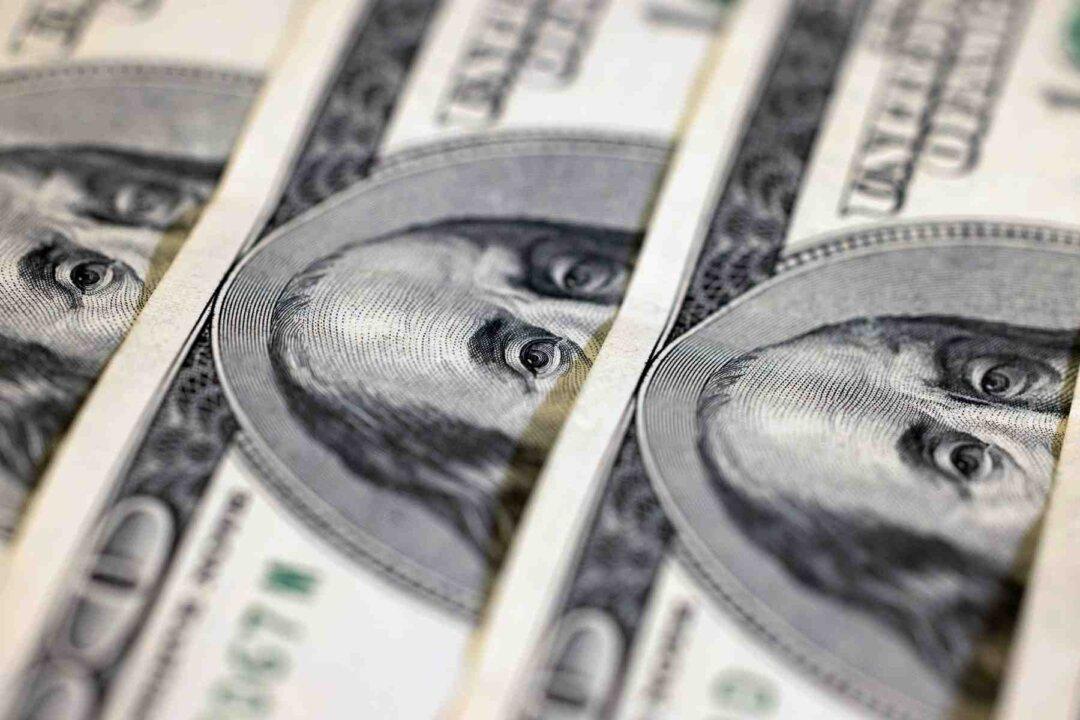Commentary
Nearly everyone has a sense that something terrible threatens the nation, as if we haven’t seen or experienced the worst of it. I cannot dispute it. For several years, if not for a decade and a half or longer, we’ve been kicking the can down the road, patching up problems with debt and money printing, government spending and subsidies, or just generally eating the seed corn, as the old expression goes.





